Human rights lawyer Femi Falana has cautioned that any official investigation by Nigeria’s security agencies into Senator Natasha Akpoti-Uduaghan’s participation in an Inter-Parliamentary Union (IPU) meeting in New York could plunge the country into unnecessary embarrassment. The warning comes amid a brewing controversy sparked by Senate President Godswill Akpabio, who accused the Kogi senator of humiliating Nigeria by reporting her suspension to the international body.
The dispute traces back to a heated altercation in the Senate over a seating arrangement, during which Akpoti-Uduaghan accused Akpabio of ual harassment. The senator was subsequently suspended for alleged gross misconduct stemming from the incident. On March 11, she addressed the IPU meeting in New York, where she claimed her suspension was a deliberate move to silence her over the harassment allegations.
Following her appearance at the IPU event, reports emerged that the Department of State Services (DSS) and the National Intelligence Agency (NIA) had initiated a probe into how Akpoti-Uduaghan attended the meeting without official nomination from the Senate. Senate President Akpabio has publicly criticized her actions, arguing that they brought disrepute to the government and people of Nigeria.
In a statement issued on Sunday, Falana sharply rebuked the proposed investigation, calling it a misstep that could backfire on the nation. He argued that rather than the senator’s decision to raise her grievances with the IPU, it is the security agencies’ probe that risks exposing Nigeria to “needless embarrassment and undeserved ridicule.” Falana dismissed Akpabio’s stance as misguided, asserting that the Senate’s internal disputes being scrutinized internationally were less damaging than the spectacle of security forces investigating a lawmaker’s travel.
Drawing a historical parallel, Falana urged the DSS and NIA to reflect on past instances, such as the Sani Abacha military regime’s probes into citizens’ movements, before pursuing what he described as a “futile attempt” to reprimand Akpoti-Uduaghan for daring to “externalize the internal affair of the Senate.” He emphasized that such an investigation would only amplify the controversy, casting Nigeria in an unflattering light on the global stage.
The clash between Akpoti-Uduaghan and Akpabio, now compounded by the looming probe, underscores deeper tensions within the Senate, raising questions about accountability, gender dynamics, and the limits of legislative autonomy in Nigeria’s political landscape.

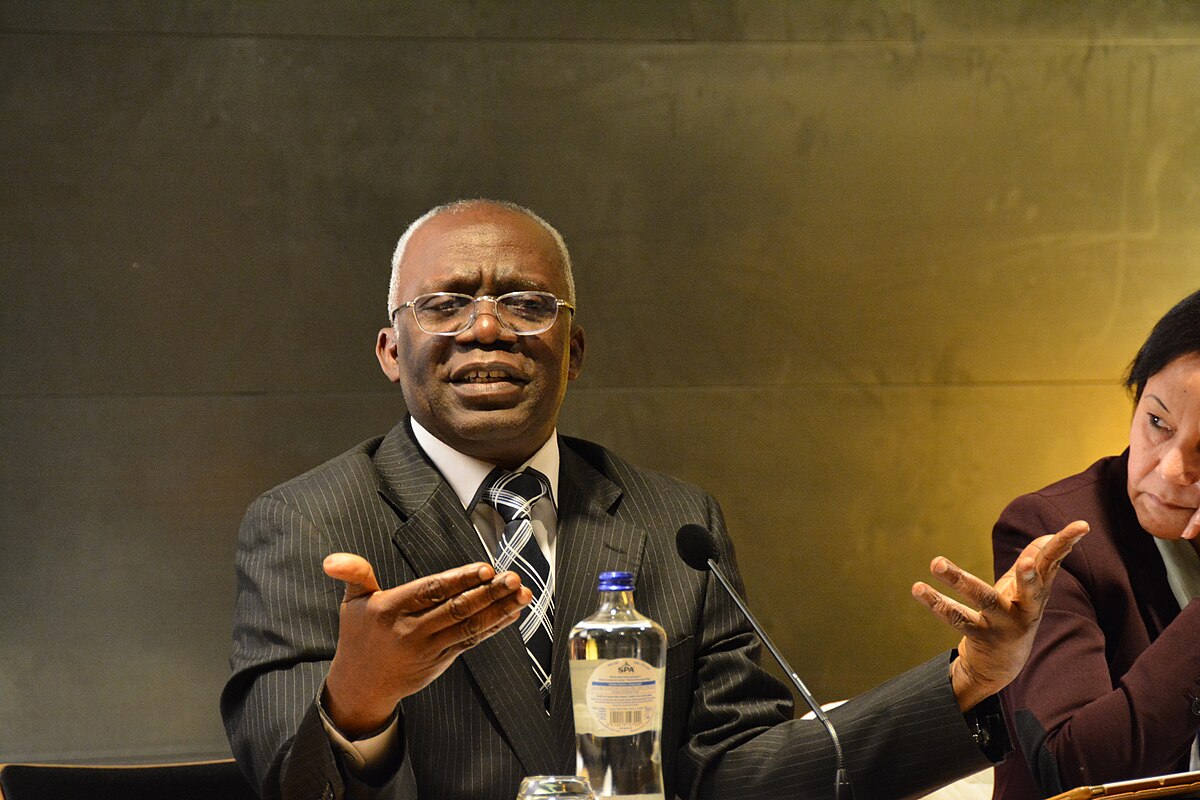


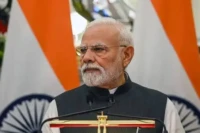
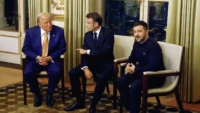
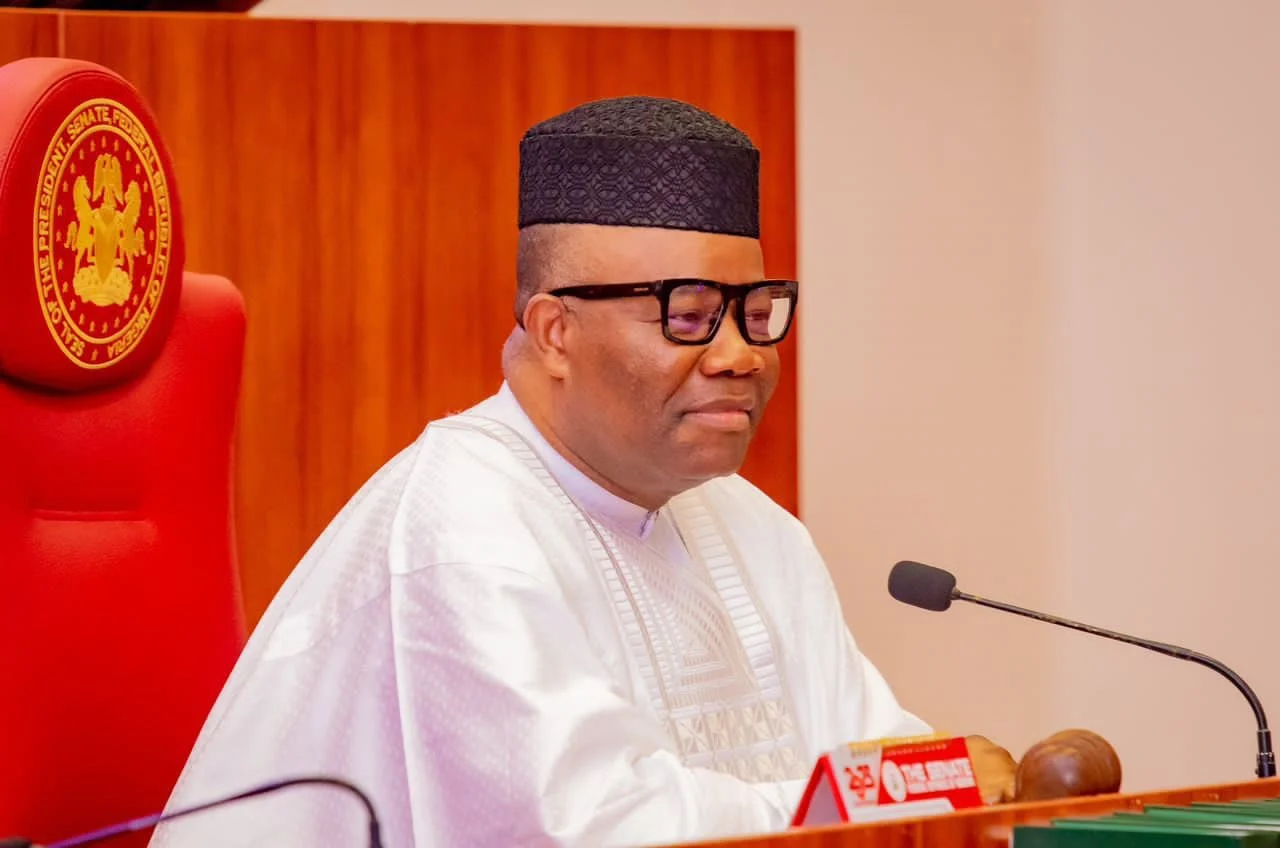

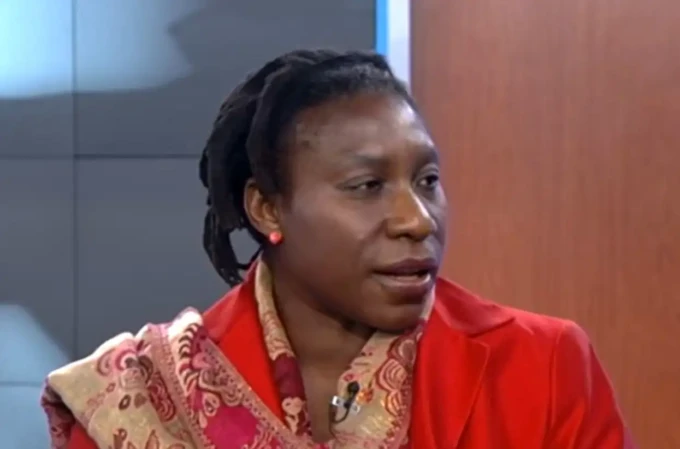
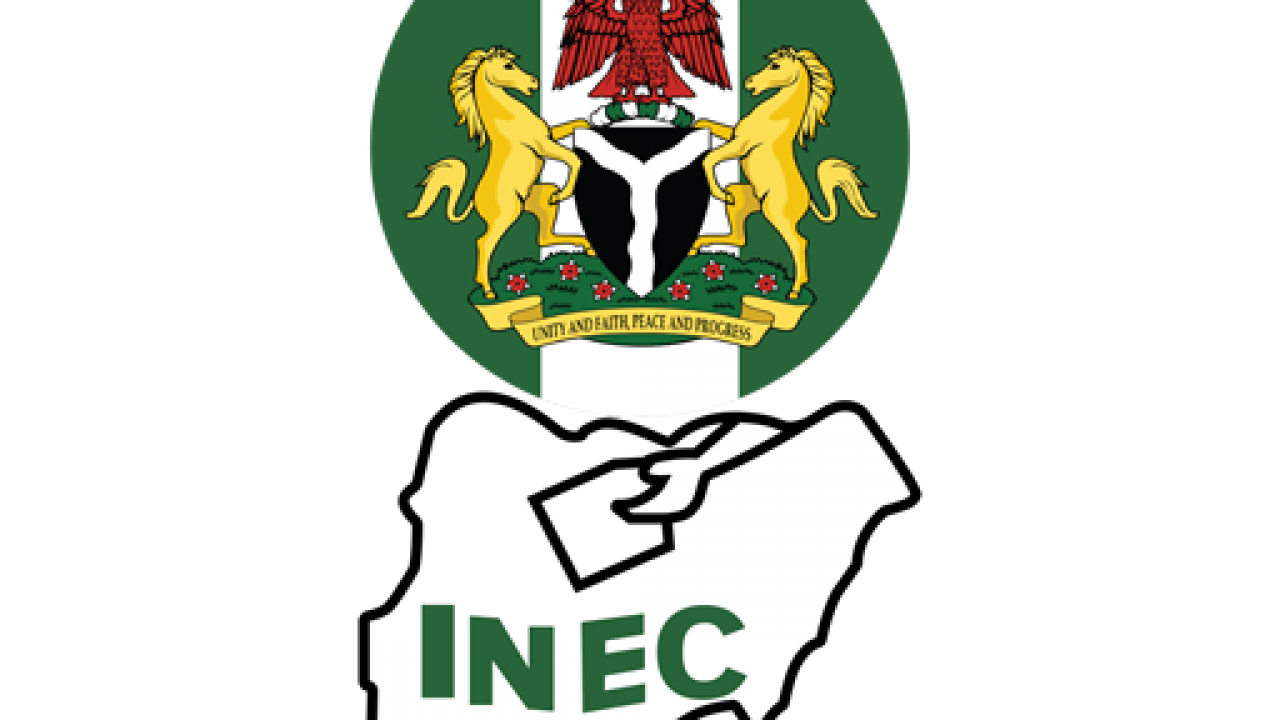
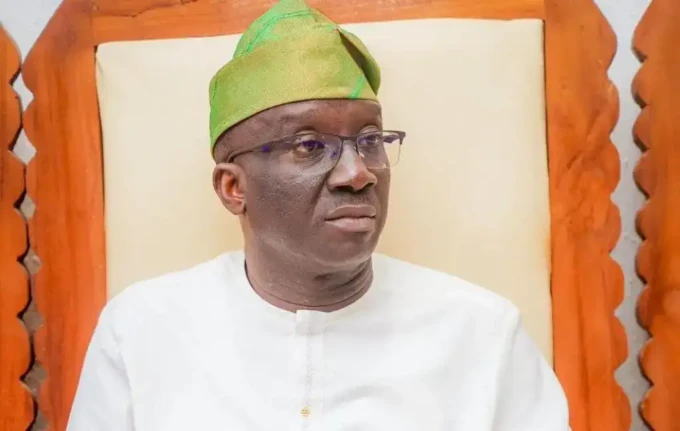
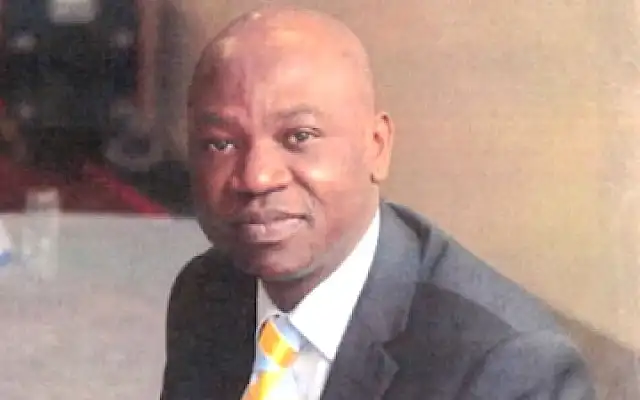
I disagree with Falanas warning. Transparency is key in governance. Probe if necessary to uphold accountability and integrity.
I disagree with Falanas warning. Transparency is crucial, even if it means risking national embarrassment. Accountability should come first.
I disagree with Falanas warning. Transparency is crucial, even if it leads to potential embarrassment. We need accountability!
I disagree with Falanas warning. Transparency is crucial in governance, even if it risks embarrassment. The truth must prevail.
I disagree with Falanas warning. Transparency is key in governance, even if it means facing potential embarrassment.